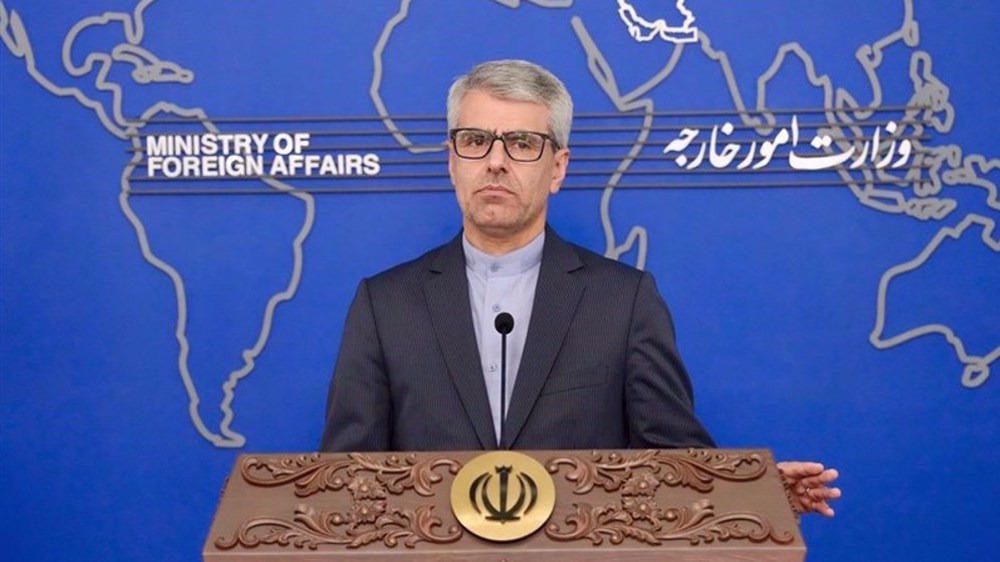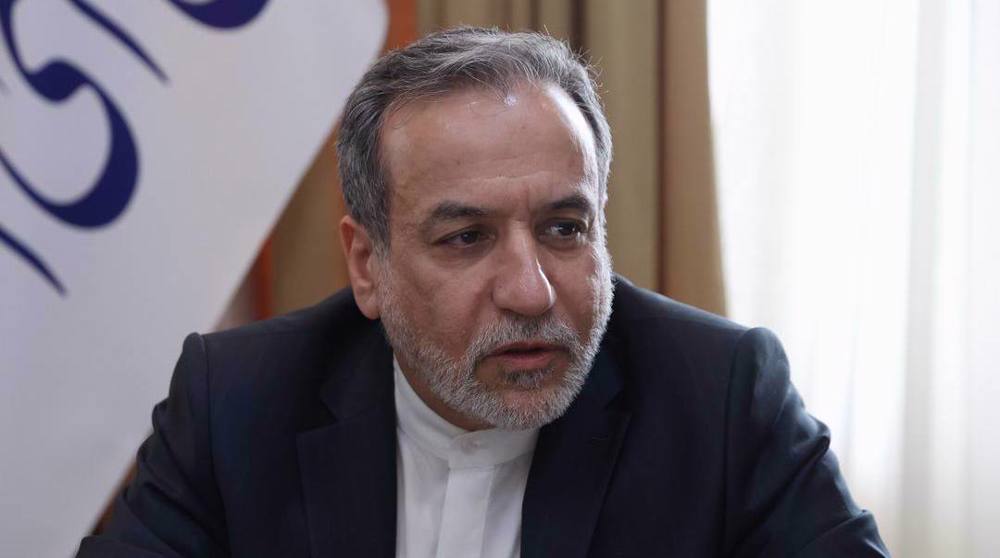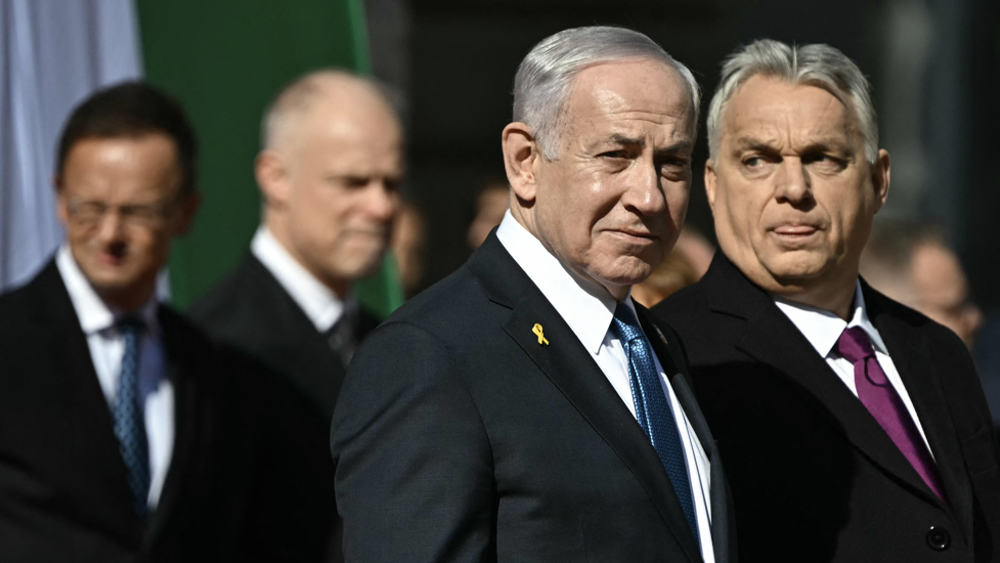Rouhani orders Iran’s missile program accelerated
Iranian President Hassan Rouhani has issued an order calling on the country’s Defense Ministry to expedite efforts for boosting the country’s missile power as reports emerge of US plans for imposing fresh sanctions on Tehran over the issue.
In a decree to Iran’s Defense Minister Brigadier General Hossein Dehqan on Thursday, Rouhani ordered an acceleration in Iran’s program for production of “various types of missile” needed to improve the country’s defense capabilities.
The decree came a day after a report by The Wall Street Journal that Washington is preparing sanctions against firms and individuals in Iran, Hong Kong and the United Arab Emirates over alleged links to Iran’s ballistic missile program.
The planned new sanctions come as the US is obligated under a recent nuclear deal between Iran and the P5+1 group of countries, known as the Joint Comprehensive Plan of Action (JCPOA), to lift the sanctions on Iran over its nuclear program.
The lifting of the bans is expected to come in January as Iran is swiftly moving to carry out its commitment under the deal, namely curbing its nuclear program.
Rouhani, in his decree to Dehqan, called the purported plan by the White House a measure in line with hostile US policies to “illegally interfere in the Islamic Republic of Iran’s programs for boosting the defense power.”
“In line with the [country’s] ratified defense policies, it is necessary that the program for the production of various types of missiles needed for (Iranian) Armed Forces continue with more speed and seriousness,” Rouhani said.
The Iranian president also warned that in case the US repeats such “wrong and interventionist” measures, the Iranian Defense Ministry must develop a new plan for expanding the country’s missile capabilities.
Rouhani said that Iran’s missile power, which he described as a means to protect the country’s sovereignty and a major deterrence against terrorism in the Middle East and the world, has never been up for negotiations, including in the nuclear talks with the P5+1 group - the five permanent members of the UN Security Council plus Germany - which resulted in the JCPOA in Austria on July 14.
He once again rejected claims that Iran is planning to produce missiles capable of carrying nuclear warheads, saying that Iran will continue to produce and test ballistic missiles as a “conventional and important” instrument for defending the country.
“It is clear that Iran’s missile program has never been part of the JCPOA, as [already] acknowledged by US officials,” said Rouhani, stressing that “nuclear weapons have no place in Iran’s defense doctrine; therefore, Iran’s ballistic missiles have not been designed to carry nuclear warheads.”
The Iranian chief executive further said the Islamic Republic would not accept any restrictions on its legitimate right to promote its defense might.

Earlier in the day, Iranian Foreign Ministry spokesman, Hossein Jaberi Ansari, also warned the US against imposing any fresh sanctions on Iran over the country’s ballistic missile program, saying Tehran will respond to such meddlesome measures.
“The Islamic Republic will respond to any meddlesome action against its defense program by strengthening its defense might,” Jaberi Ansari said, adding, “No measure can deny the Islamic Republic of Iran its legitimate and legal rights to boost its defense might and national security.”

Europe standing on wrong side of history by appeasing Israel: Iran

Araghchi says no round of talks held between Iran and US

Iran embassy condemns Netanyahu’s visit to Hungary, calls Israel ‘threat to world peace’
Nigerian security agents plan fresh attacks on followers of Sheikh Zakzaky in Abuja: Report
Bill to seize mosques in India gains presidential assent
Over 600,000 children in Gaza at risk of ‘permanent paralysis’: Ministry
VIDEO | US, Europe anti-Trump protests
Yemen accuses US of targeting civilians in Eid airstrike
VIDEO | US bombing campaign fails to deter Yemen
Hamas calls for mass participation in general strike in West Bank
Europe standing on wrong side of history by appeasing Israel: Iran











 This makes it easy to access the Press TV website
This makes it easy to access the Press TV website